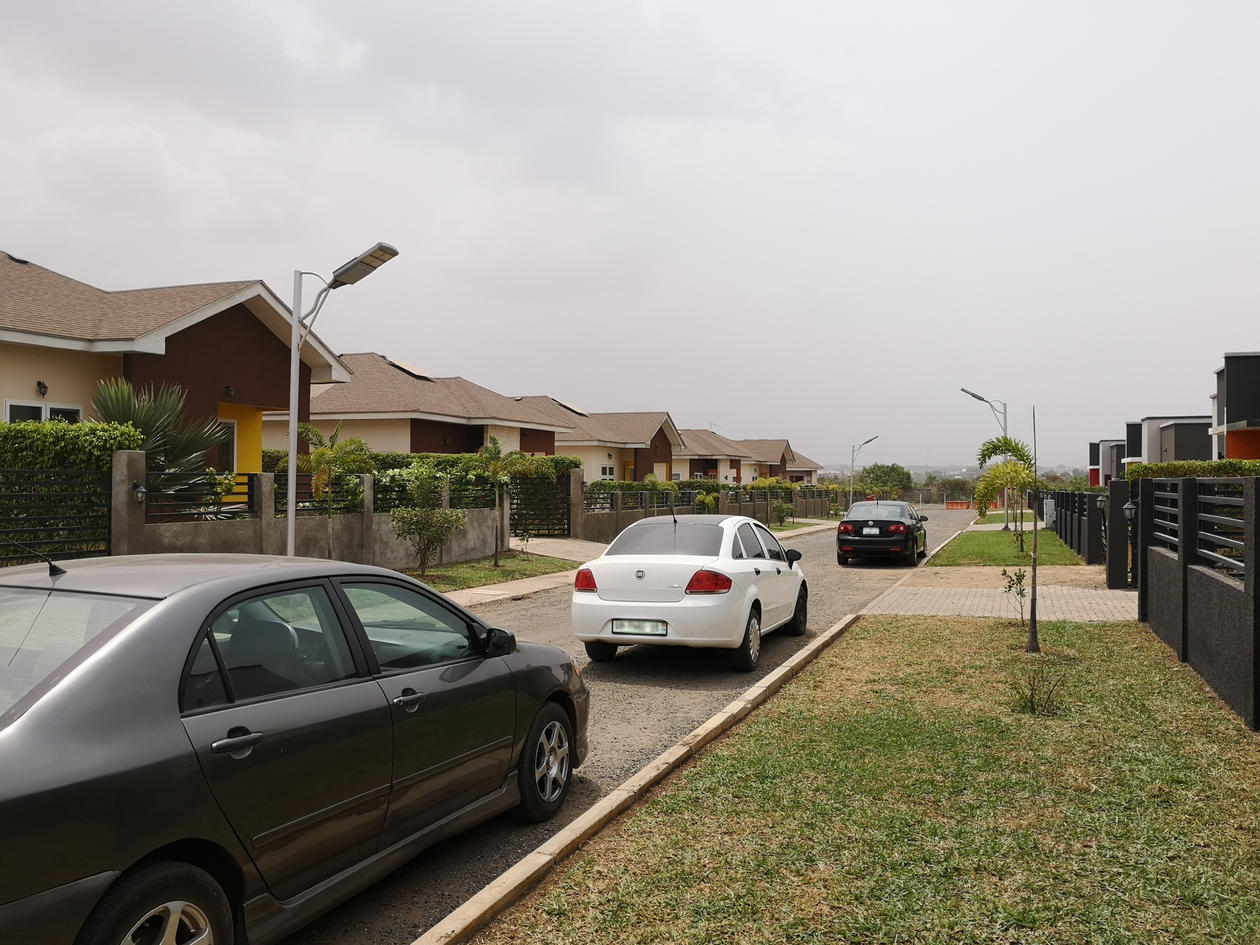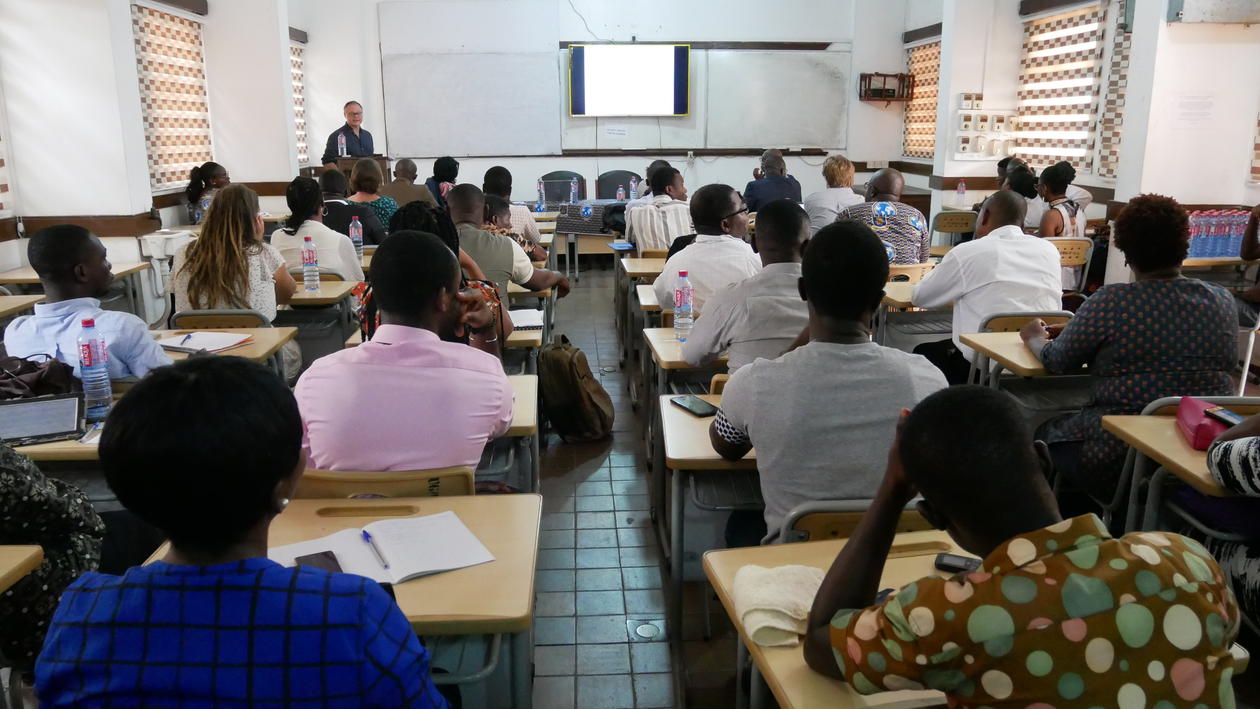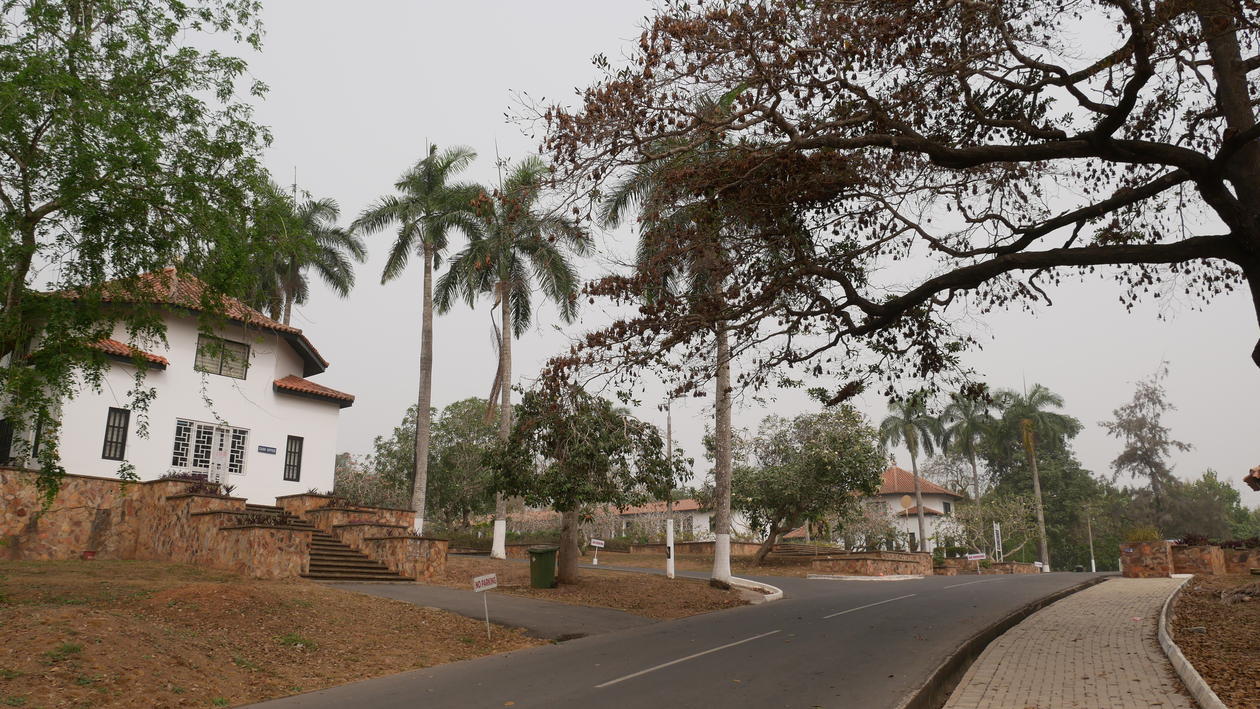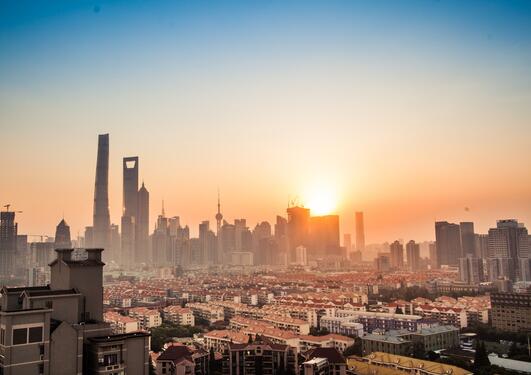Urban Enclaving delves into Accra’s urban spaces
The interdisciplinary research project Urban Enclaving Futures explored during its second workshop how enclaving is found in various forms around Accra’s urban spaces – from population dense informal settlements, to grand but empty gated cities, to the green and quiet University campus.
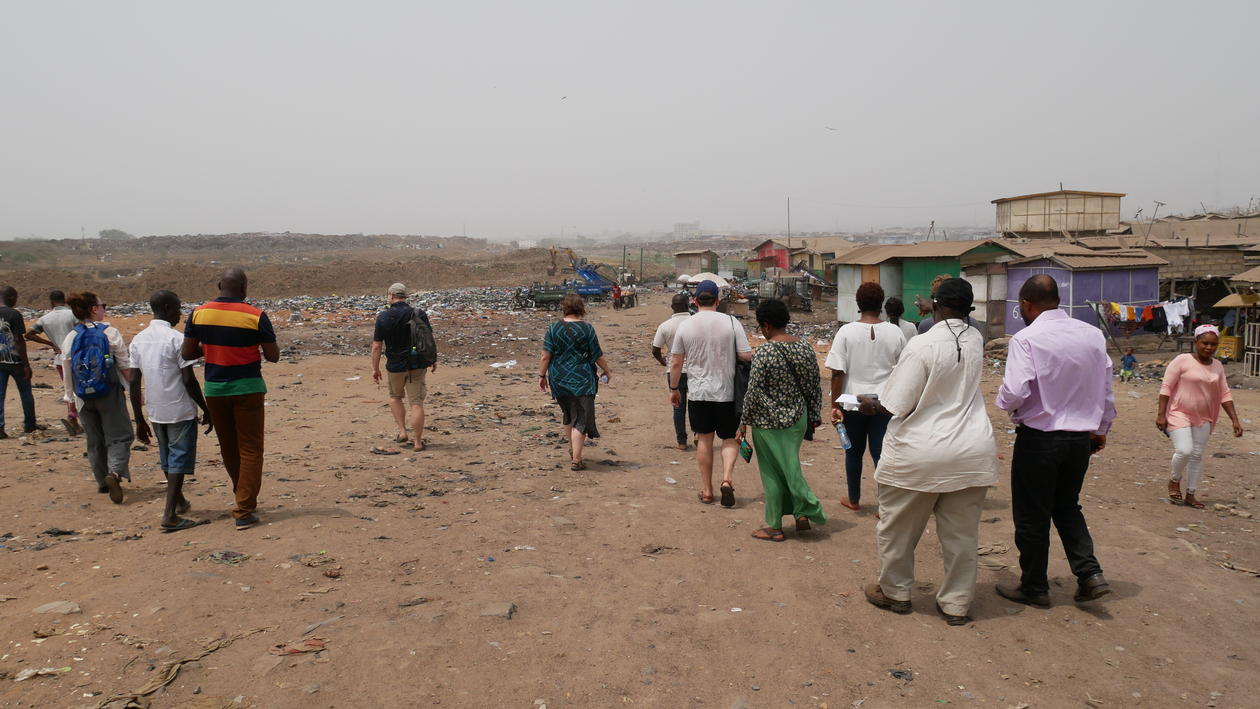
Hovedinnhold
The second project workshop in the Urban Enclaving Futures project was held in Accra in February 2020. During five eventful days, the workshop participants explored Accra’s diversity and took a dive into what is now the second half of the project. This occasion in Accra was an opportunity to delve into what enclaving means during walks around Accra, an open workshop, and interaction and discussions with local researchers and students.
Seeing urban enclaves from an African perspective
Urban Enclaving Futures aims to approach the phenomenon of urban enclaving without preconceived notions, aiming to move away from reductionist understandings that only focus on its physical manifestations. The project looks at enclaves from an African perspective, focusing on ideas of segregation, separation, intimacy, aesthetics, architecture and safety.
Now being half-way in the project, the researchers have started conducting fieldwork in different areas of Accra, Maputo and Johannesburg. The workshop offered interesting perspectives from all locations, and illustrated how notions of enclaving are represented in everything from gated communities, non-gated communities, safety architecture, foreign sponsored construction projects, identity, intimate relationships, and, ultimately, the search for the good life.
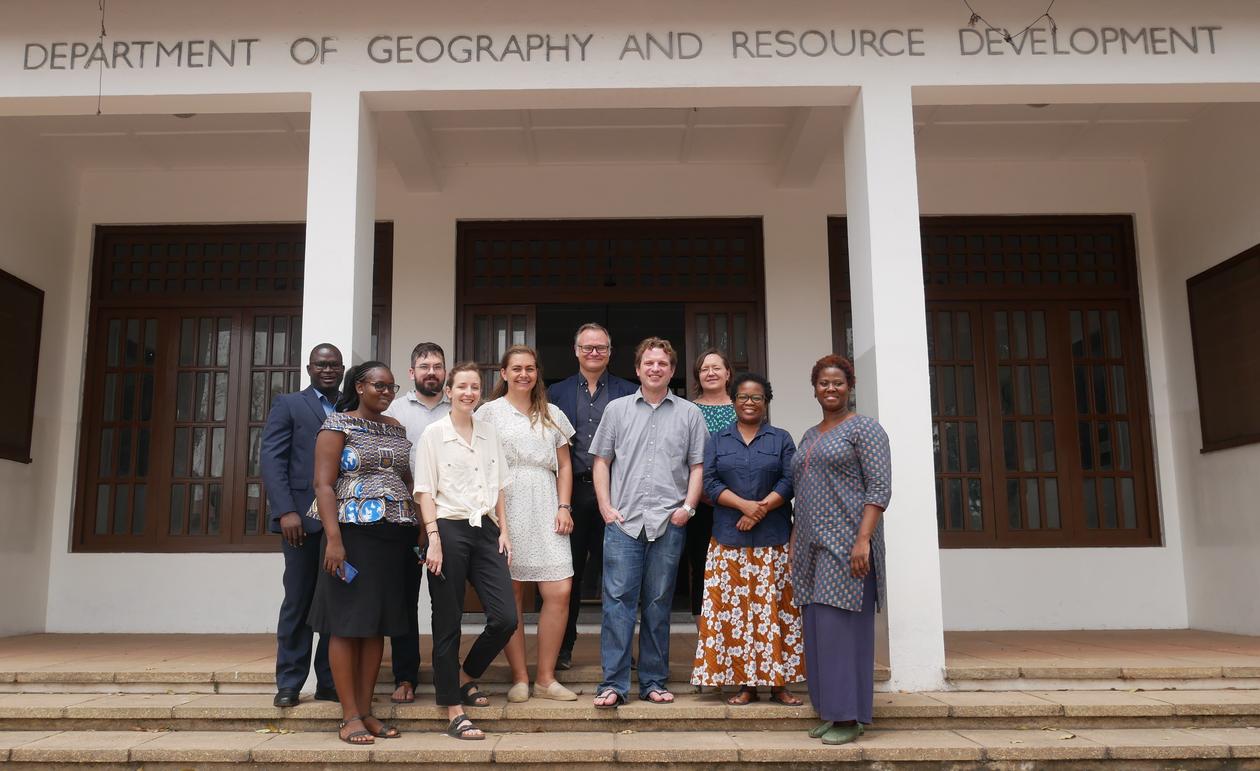
Accra ambles
To broaden the views on urban enclaving, an essential part of the project is to explore different forms of enclaves from the inside. In the first workshop in Maputo, this was in the form of “Maputo meanderings”. In Accra, this was represented by “Accra ambles”, guided by the city’s inhabitants.
- Read more about the first workshop in Maputo here.
Agbogbloshie and Old Fadama
On the first day of the workshop, the participants along with several researchers and MA students from the University of Ghana, visited Accra’s biggest informal settlement, Old Fadama. Old Fadama lies next to Agbogbloshie, Ghana’s biggest waste dump. Agbogbloshie is one of the main sites for dumping automobiles and electrical waste from western countries, both legal and illegal, creating massive health risks for workers and residents of Old Fadama.
Led by a local NGO working in Old Fadama, the People’s Dialogue on Human Settlement, the aim of the visit was to get an impression of the different effects of urbanisation, especially focusing on architecture, safety, infrastructure and sanitation facilities. Particularly notable were the impermanent housing structures, representing high degrees of uncertainty, along with conflicts between natural conservation projects and illegal housing.
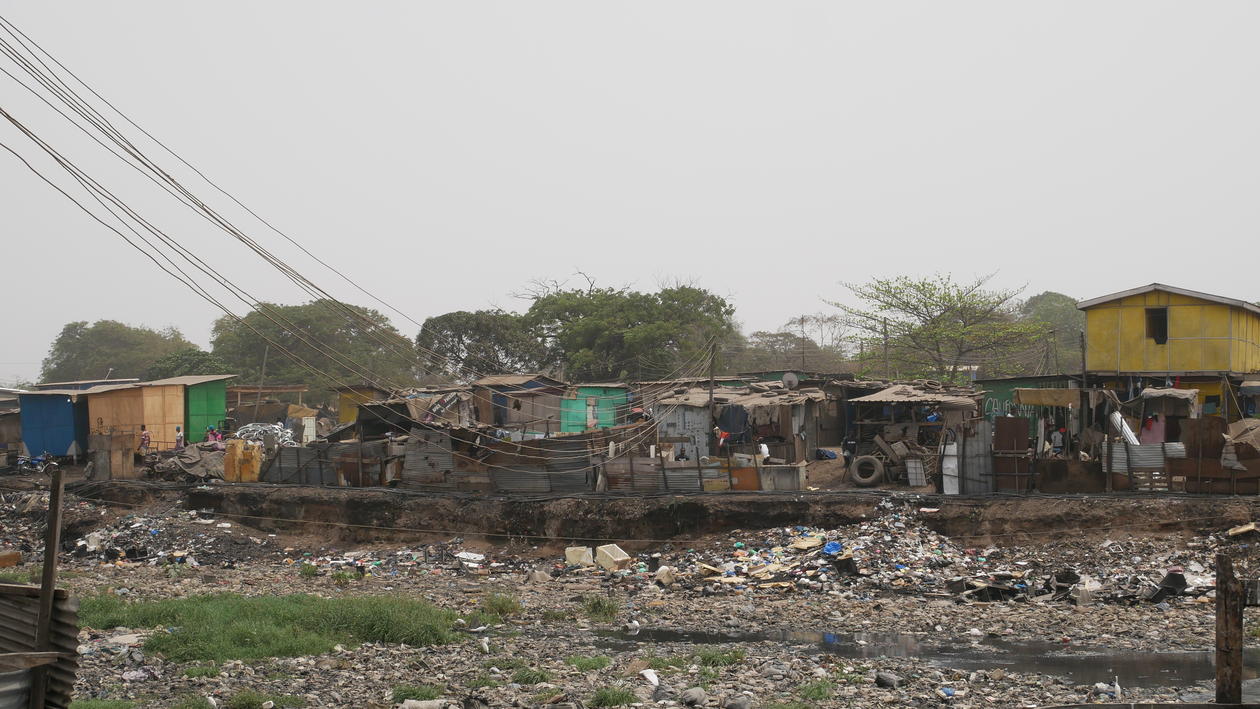
Appolonia City
Filled with impressions from the trip to Old Fadama, it was particularly striking to move on to see the contrasts when visiting Appolonia City. Appolonia City, located in the outskirts of Accra, is a grand construction project covering 2,325 acre of land and constructed to house about 88.000 residents. Currently, only a few houses have been sold, and the quiet streets’ green, perfectly mowed gardens and identical houses are in stark contrast to the vibrant, narrow streets in Old Fadama. Especially the silence stood out – which is one of the main selling points of Appolonia City – it is quiet, peaceful and safe.
The project's next workshop will be held in Johannesburg in 2021.
